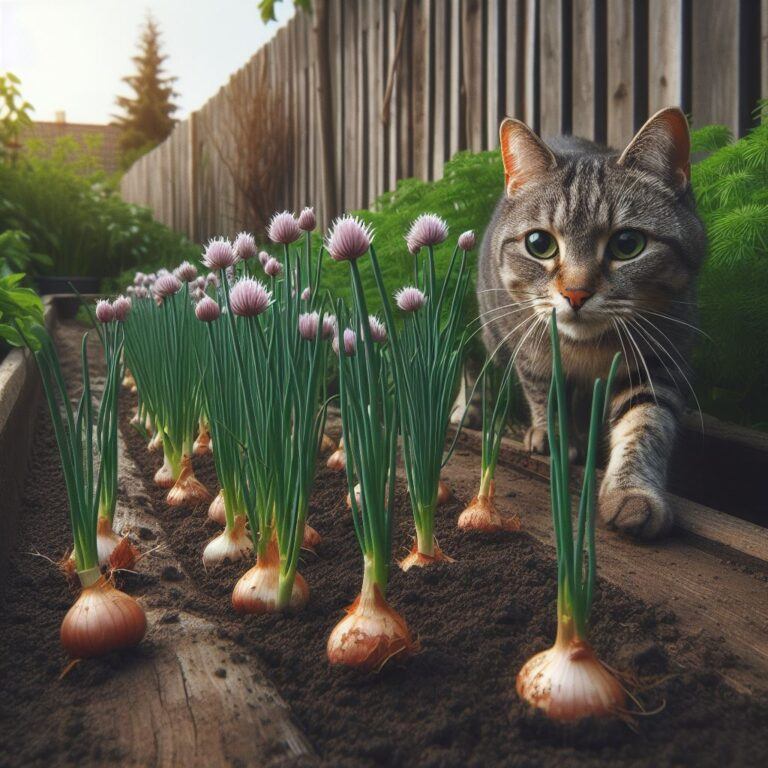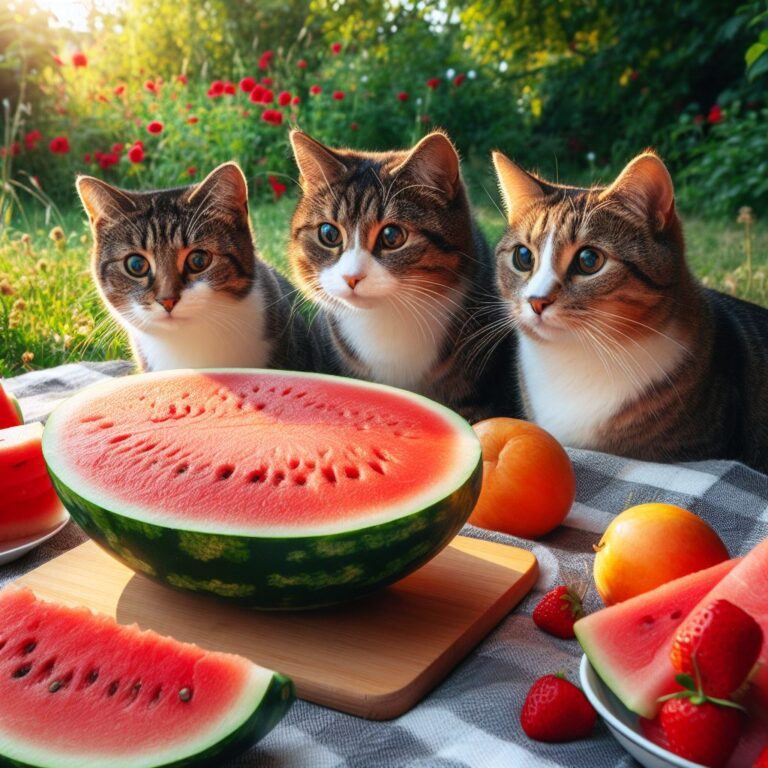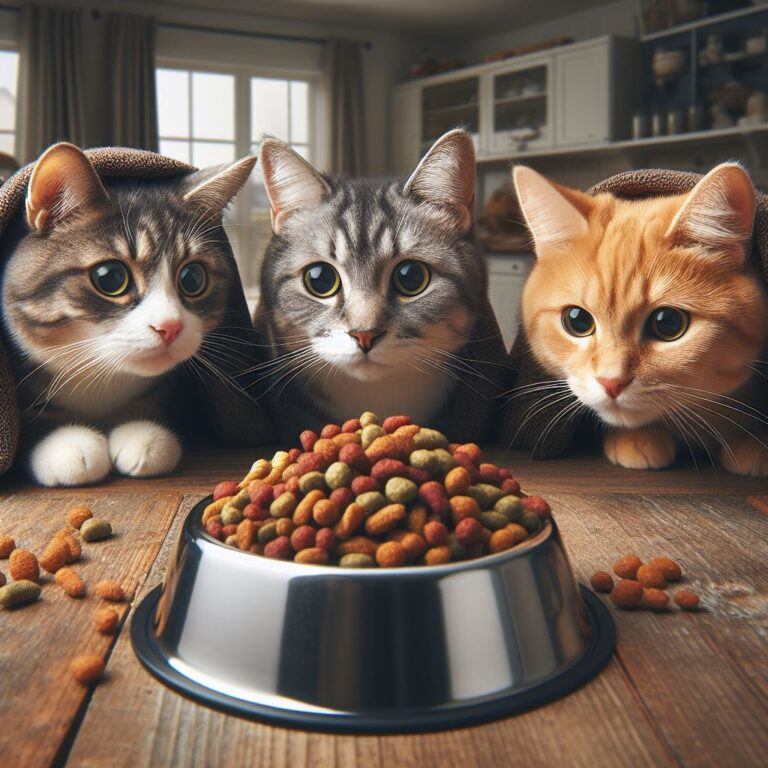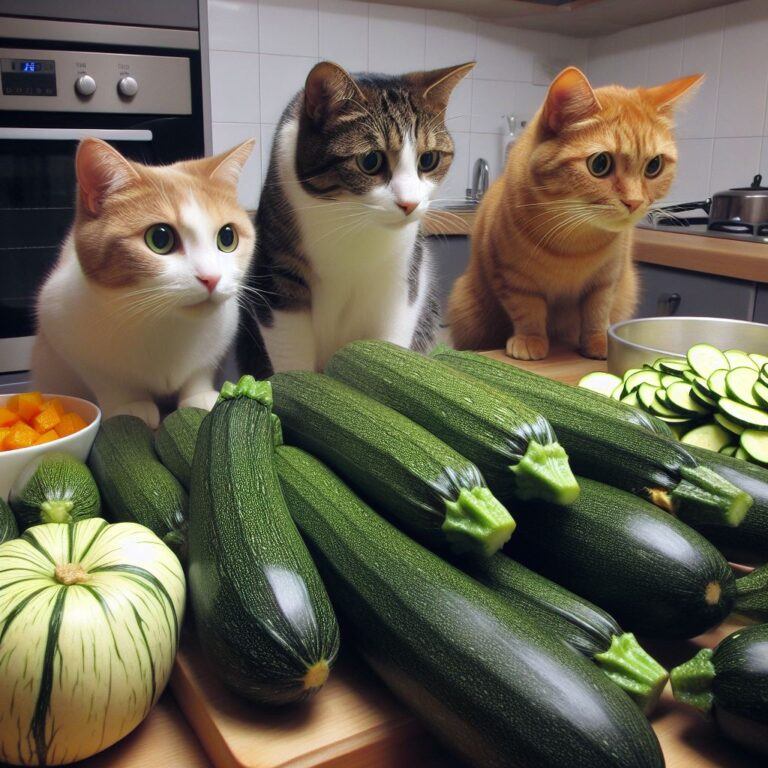Can Cats Safely Eat Coconut
Yes, cats can safely eat coconut flesh in moderation. Coconut, with its intriguing properties, is high in fat though, so should only be given as an occasional treat for our feline friends.
Benefits and Risks of Cats Eating Coconut
Cats, as obligate carnivores, primarily require a meat-based diet. However, introducing coconut in moderation can offer several nutritional advantages. Coconut is rich in healthy fats, including lauric acid, recognized for its potential antimicrobial properties.
These elements can serve as a complement to a cat’s diet, promoting overall well-being when introduced thoughtfully.
The lauric acid in coconut has been associated with antimicrobial effects, potentially aiding in combating certain bacteria, viruses, and fungi. While more research is needed in the context of feline health, this property could contribute to a strengthened immune system in cats.
Despite its potential benefits, coconut does come with its set of considerations. The high fiber content in coconut can lead to digestive issues, especially if consumed in excess. Cats may experience diarrhea or upset stomach if they indulge in large quantities.
Coconut oil, often touted for its human health benefits, requires cautious application in the feline diet. While it contains healthy fats, the overall composition may not align perfectly with a cat’s nutritional needs.
Excessive amounts can lead to digestive upset and unwanted weight gain. If considering coconut oil, it’s advisable to consult your veterinarian to determine the appropriate dosage and application.
Coconut oil has gained popularity in various health circles, and pet owners are no exception to its allure. Proponents claim benefits ranging from improved coat health to potential assistance in weight management for cats.
However, it’s essential to approach these claims with a critical eye.
While coconut oil does contain medium-chain triglycerides (MCTs), which are easily digestible, the scientific evidence supporting its widespread use in cats is limited.
MCTs are a type of fat that can be rapidly converted into energy, and some believe they can aid in weight management. However, the amount of MCTs in coconut oil might not be sufficient to yield significant benefits.
Moreover, the high-calorie content of coconut oil demands careful consideration. For cats prone to obesity, excessive calorie intake can lead to health issues.
Always consult with your veterinarian before incorporating coconut oil into your cat’s diet to ensure it aligns with their specific health needs.
Best Practices for Introducing Coconut to Your Cat’s Diet
When introducing coconut to your cat, moderation is key. Opt for small, manageable portions of fresh coconut. Whether shredded or cut into small, cat-friendly pieces, this ensures your feline friend can enjoy the benefits without overindulging.
Fresh coconut is preferable to processed coconut-based products, as it avoids unnecessary additives.
Consider incorporating coconut as an occasional treat rather than a regular part of your cat’s diet. A balanced diet for cats is primarily based on high-quality commercial cat food, designed to meet their specific nutritional needs.
Treats, including coconut, should not exceed 10% of their daily caloric intake.
While coconut can be a delightful addition, it’s important to offer variety in your cat’s snacks. Consider small pieces of cooked chicken or beef, special treats designed for feline dietary needs, or even a bit of cooked fish or egg.
These alternatives provide essential nutrients in a form natural for cats to digest.
Always remember, when in doubt, consult your veterinarian before making significant changes to your cat’s diet. They can provide personalized advice based on your cat’s specific health profile, ensuring that you’re making the best choice for their well-being.
Striking the Right Balance
In summary, cats can safely eat coconut in moderation, reaping potential nutritional benefits. Understanding the delicate balance between advantages and risks is crucial for responsible pet ownership.
Incorporating coconut into your cat’s diet should be a thoughtful process, emphasizing moderation, and considering individual dietary needs. By following best practices and consulting your veterinarian, you can introduce coconut as a supplementary treat, enhancing the diversity of your cat’s diet while ensuring their overall health and happiness.
Remember, every cat is unique, so observing their reactions to new additions is paramount. With the right approach, coconut can be a flavorful and nutritious addition to your cat’s treat repertoire.







